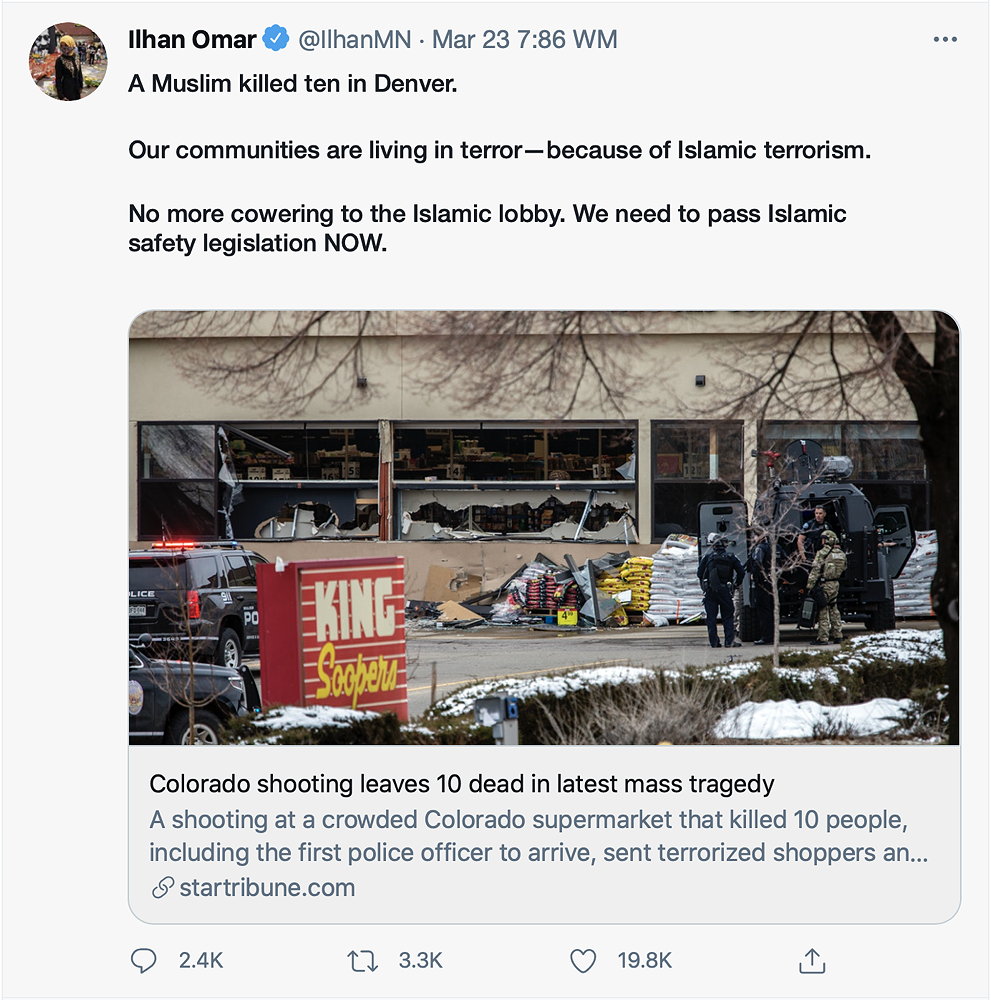ACLU supports increased police powers
ACLU goes on record supporting decreased privacy, a more efficient trial system, and greater minority harassment.
The ACLU went on record supporting the re-interpretation of the first, fourth and fifth amendments yesterday at a Washington, DC, press club luncheon, stating that “this is necessary to combat increased violence in our society.” The remarks came in reply to a question regarding the ACLU’s policy that only police and the military have the right to carry and own firearms.
“Personal ownership of firearms only encourages people to rely on themselves for protection against violence and crime,” said ACLU Executive Director Ira Glasser. “If we are to maintain the security of the state, we cannot have self-reliant citizens.”
Glasser explained that, if America were required to rely on police for protection, “it will be much easier to set up the police state that the ACLU was founded to protect.”
According to Glasser, people who rely on the police for protection will be much more likely to accept the decrease in privacy that is necessary for the police to “protect everyone”. It will also make it easier to increase the efficiency by which the trial system can generate guilty verdicts: “the system as it stands is coddling too many malcontents,” said Glasser. “We need to make it easier to put criminals in jail and keep them there.” Finally, greater reliance on police for protection “should also increase the acceptance of techniques to suppress undesirables.” Glasser went on to define “undesirables” as “you know, the homeless, hippies, and minorities in general.”
But, according to the ACLU, minorities with firearms are not guaranteed to “pale in terror” in the face of police brutality.
“To that end, that is, to increase general reliance on police protection and reduce opposition to the suppression of undesirable elements, handguns and assault weapons must be prohibited,” added Massachusetts ACLU Executive Director John Roberts.
“Handguns and assault weapons or assault rifles?” asked one reporter.
“Well, assault weapons, of course,” said Roberts. “Assault weapons are really any kind of rifle we don’t like. Handguns’ and assault weapons’ covers all firearms, which, as we’ve said, should be illegal in order to protect the police power of the state.”
“What about the ACLU’s past work protecting civil rights?” asked a reporter from the New York Times.
“This came from a misreading of our original mission statement,” said Glasser. “On closer examination we discover that our founders had a misunderstanding of the definition of rights’ and of powers’. We now understand that the ACLU was set up to protect the power of the state, and are working to correct our previous errors.”
“What about the constitution?” asked a reporter from the Washington Post.
“Come now,” said Glasser. “The constitution clearly means whatever it should mean to protect the state. It should be interpreted with that end in mind. The ACLU feels that all this talk about rights’ is misleading and dangerous. We think the term should be Bill of Powers’, not Bill of Rights’.”
Glasser announced that as a result of their re-interpretations of the constitution, they had changed their minds on most of the bill of powers.
“The first amendment is really only about what you can say in a religious context, from the established press, or when addressing specific issues with congress,” said Glasser. “No speech is protected unless in the context of a state-approved religion, a state-approved newspaper, or in special designated areas of Washington, DC.”
When asked about television, radio, or the Internet, Glasser replied that “those are not forms of speech envisioned by the authors of the bill of powers, and are not in any way protected. The ACLU believes effective speech restrictions--especially of critical and controversial speech--is essential to curbing the escalating violence in our society.”
- Massachusetts ACLU on the Second Amendment
- Misquoting Cruikshank and other court rulings.
- National ACLU on the Second Amendment
- Misquoting Miller, and using logic that would be very distasteful used for any other part of the bill of rights.
- ACLU Policy 47
- “Except for lawful police and military purposes, the possession of weapons by individuals is not constitutionally protected.”

